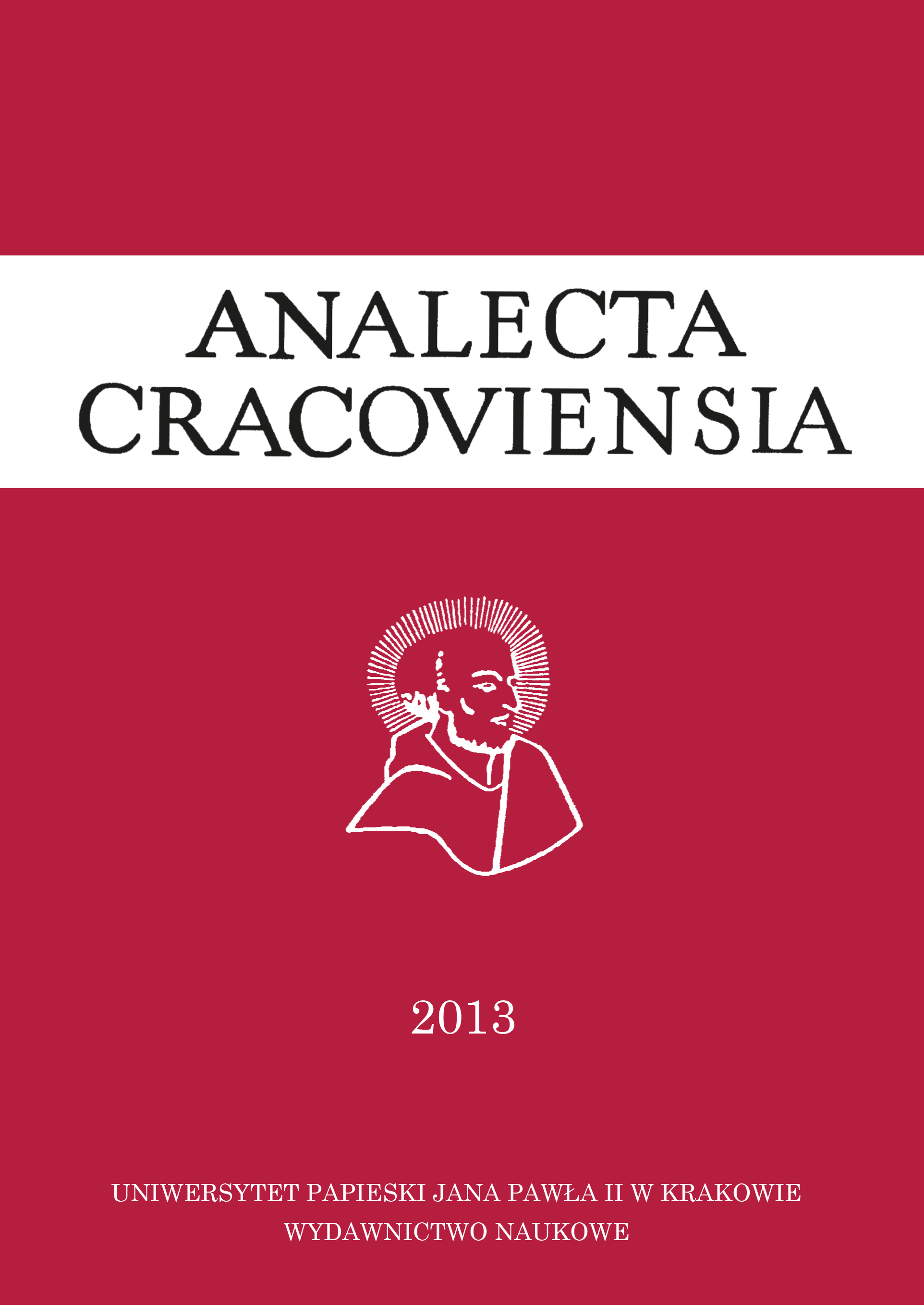Mary-Mother of hope and consolation. The specific contribution of consecrated persons in the service of the Gospel of hope
DOI:
https://doi.org/10.15633/acr.1128Keywords:
Fear, hope, time of trial, Mary, a religious person, anxiety, role model, faith, patienceAbstract
When we ask about the specific contribution of consecrated persons in the service of the Gospel of hope, we reply that it can be essentially summed up by three behaviors. Firstly, when we talk about hope, it means that we are experiencing some form of anxiety, possibly fear of distress. It is necessary, therefore, to look at fear from the perspective of Christian hope, which overcomes the fear, distances and eliminates any distress. Secondly, when we try to decipher the time of trials in its fullest sense, both spiritual as well as existential experience, familial or communal, we understand it as another way of experiencing hope. Thirdly, He gives strength in the holy anxiety about the things of the Lord, in order to realize what he is calling one to do. He will give the strength to follow this road and arrive at the goal of one’s journey.
Downloads
Published
Issue
Section
License
Copyright (c) 2015 Zdzisław J. Kijas

This work is licensed under a Creative Commons Attribution-NonCommercial-NoDerivatives 3.0 Unported License.
Authors who publish with this journal agree to the following terms:
- Authors retain the copyright and full publishing rights without restrictions, and grant the journal right of first publication with the work simultaneously licensed under a Creative Commons Attribution 4.0 International License that allows others to share the work with an acknowledgement of the work's authorship and initial publication in this journal.
- Authors are able to enter into separate, additional contractual arrangements for the non-exclusive distribution of the journal's published version of the work (e.g., post it to an institutional repository or publish it in a book), with an acknowledgement of its initial publication in this journal.
- Authors are permitted and encouraged to post their work online (e.g., in institutional repositories or on their website) prior to and during the submission process, as it can lead to productive exchanges, as well as earlier and greater citation of published work (See The Effect of Open Access).

